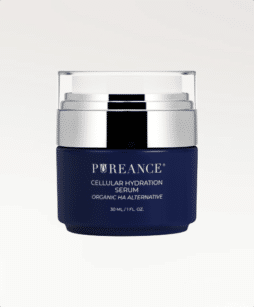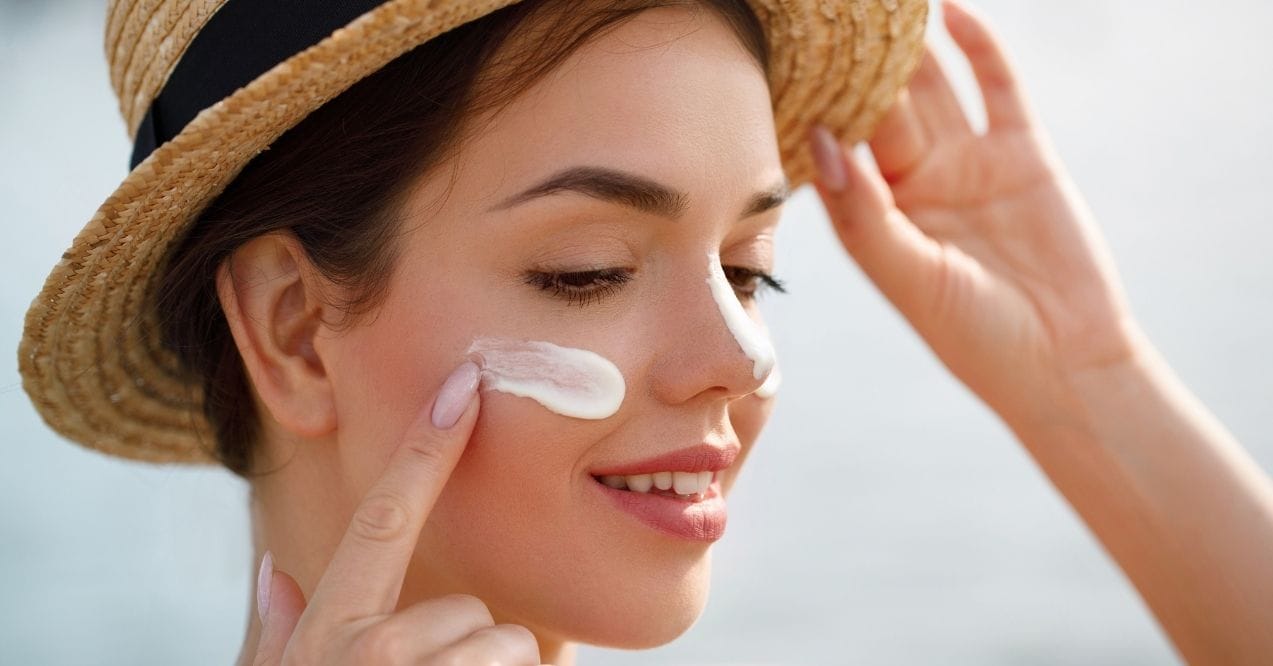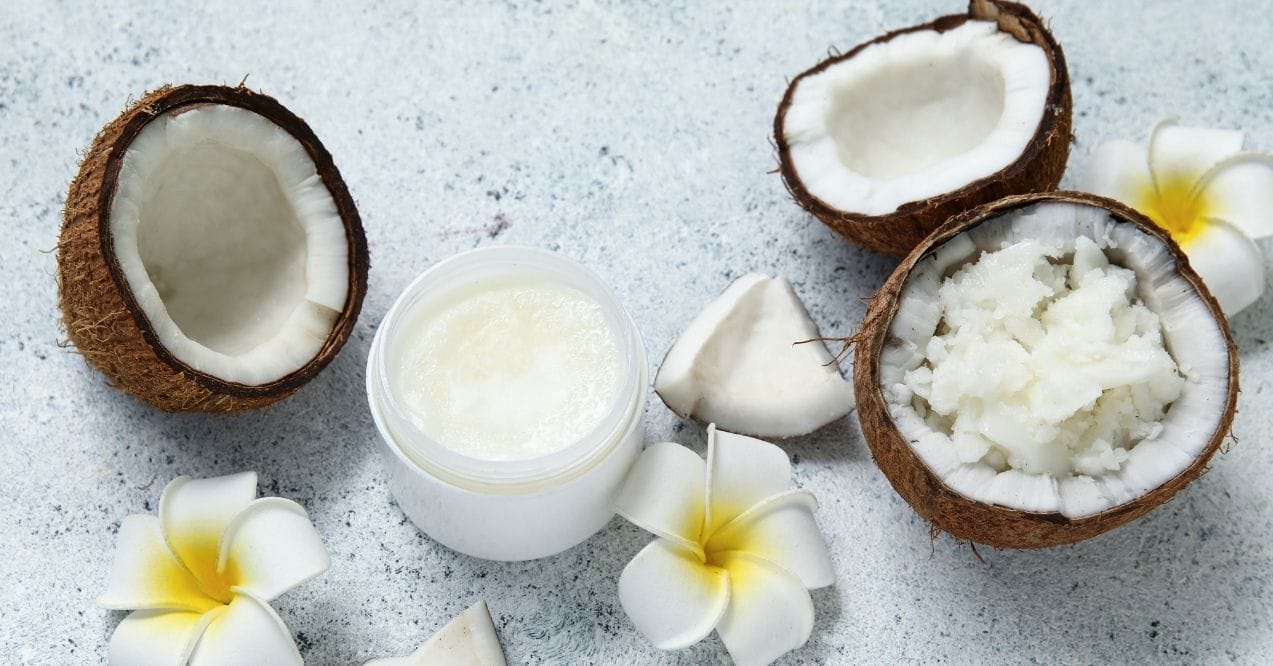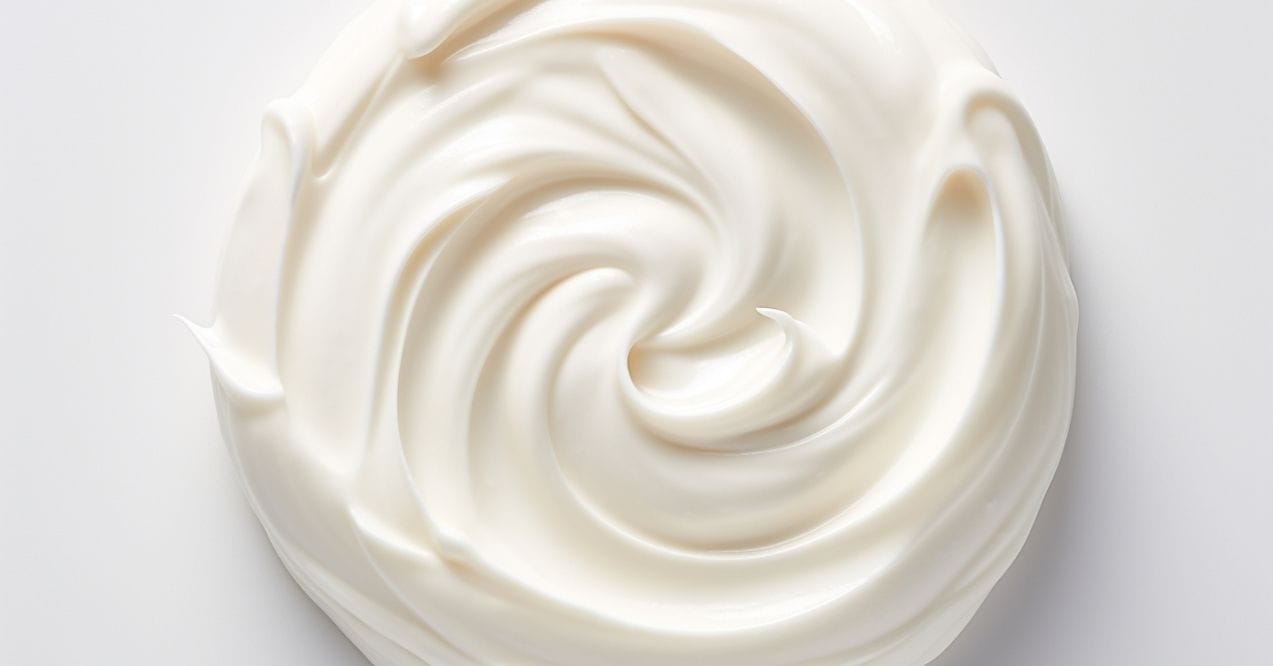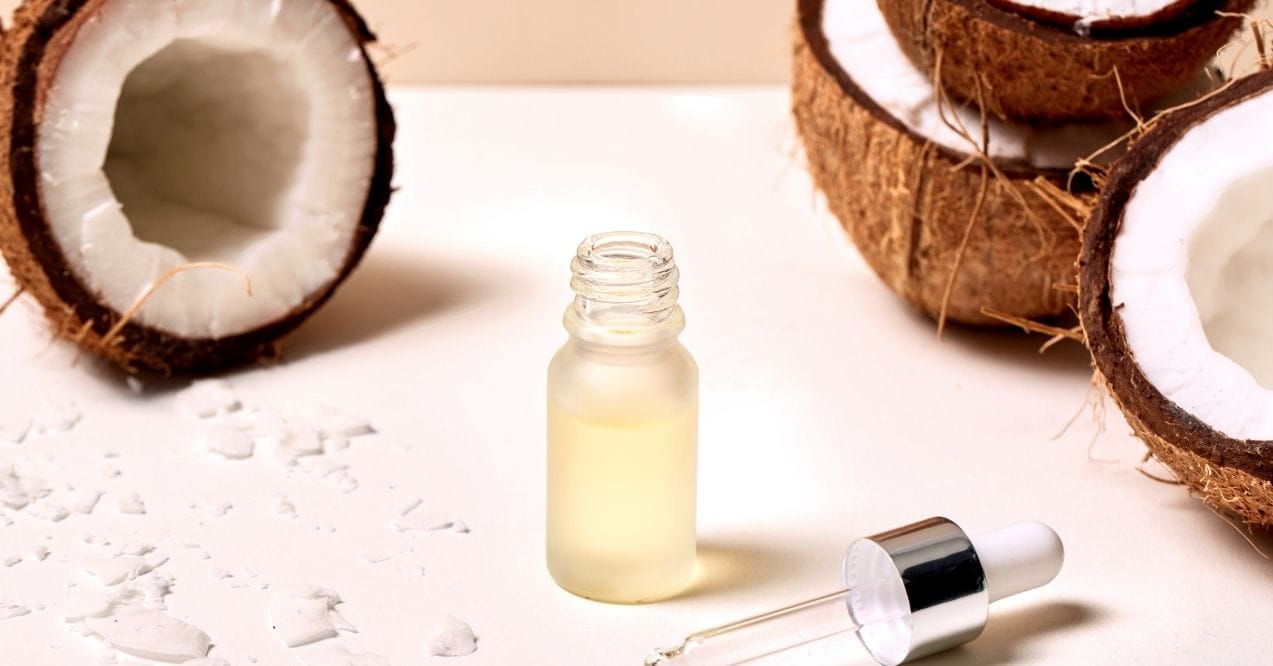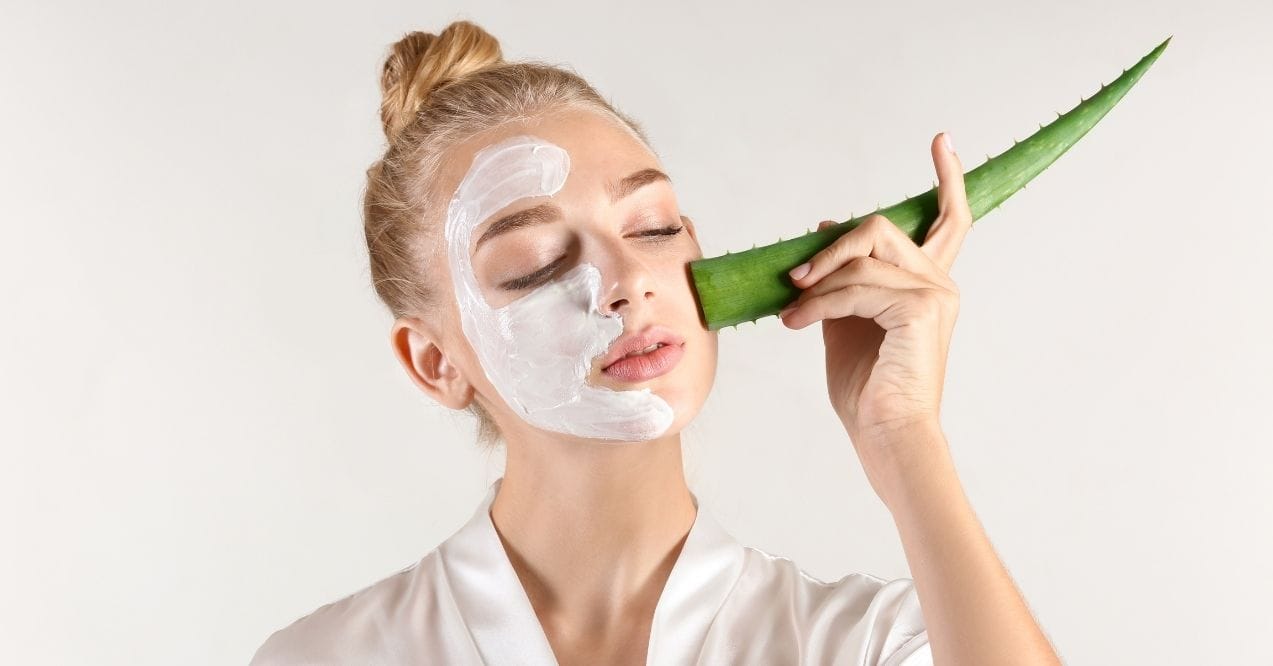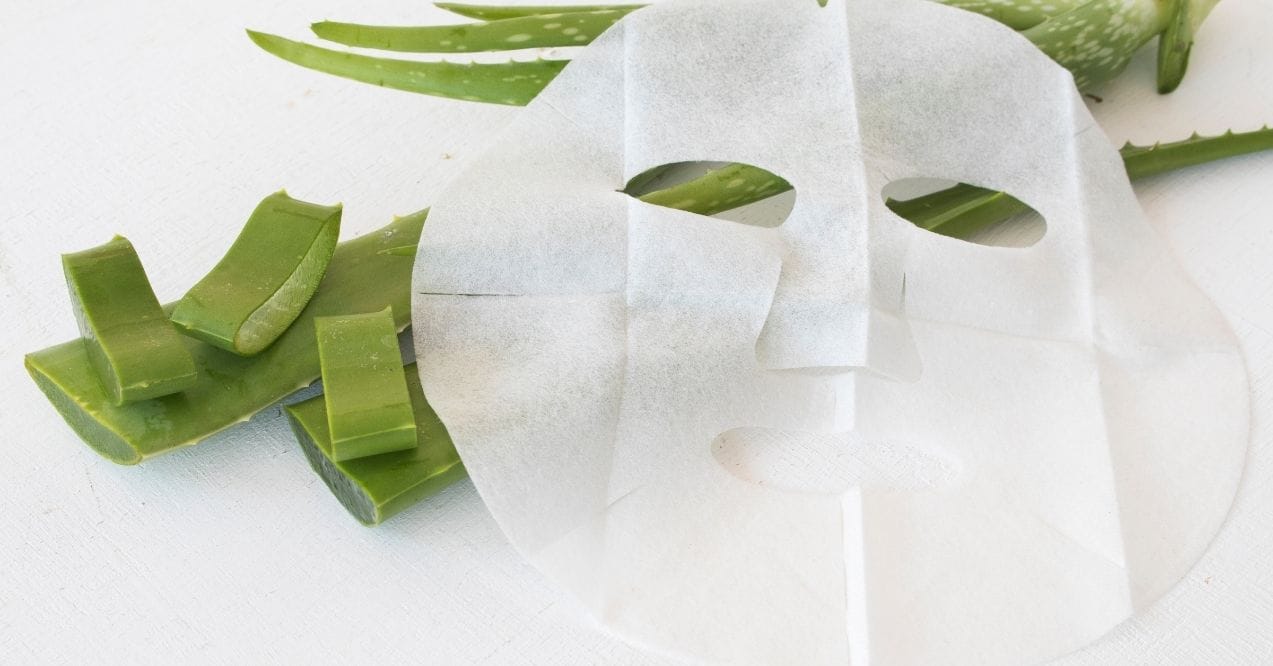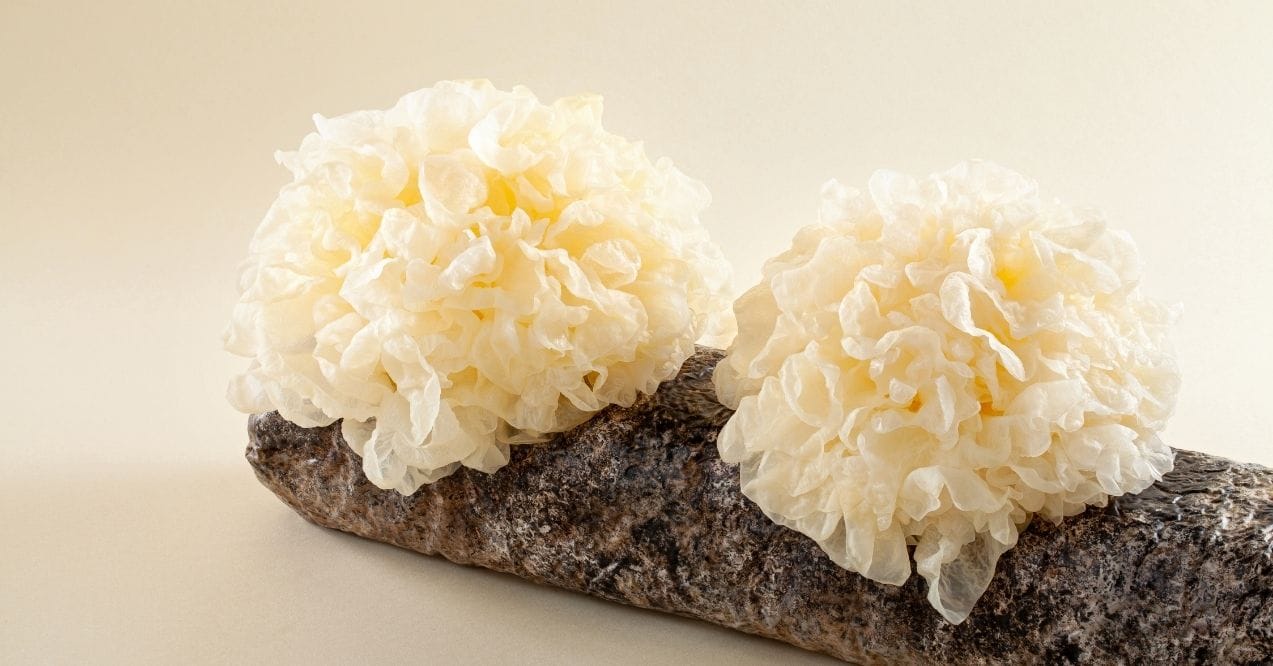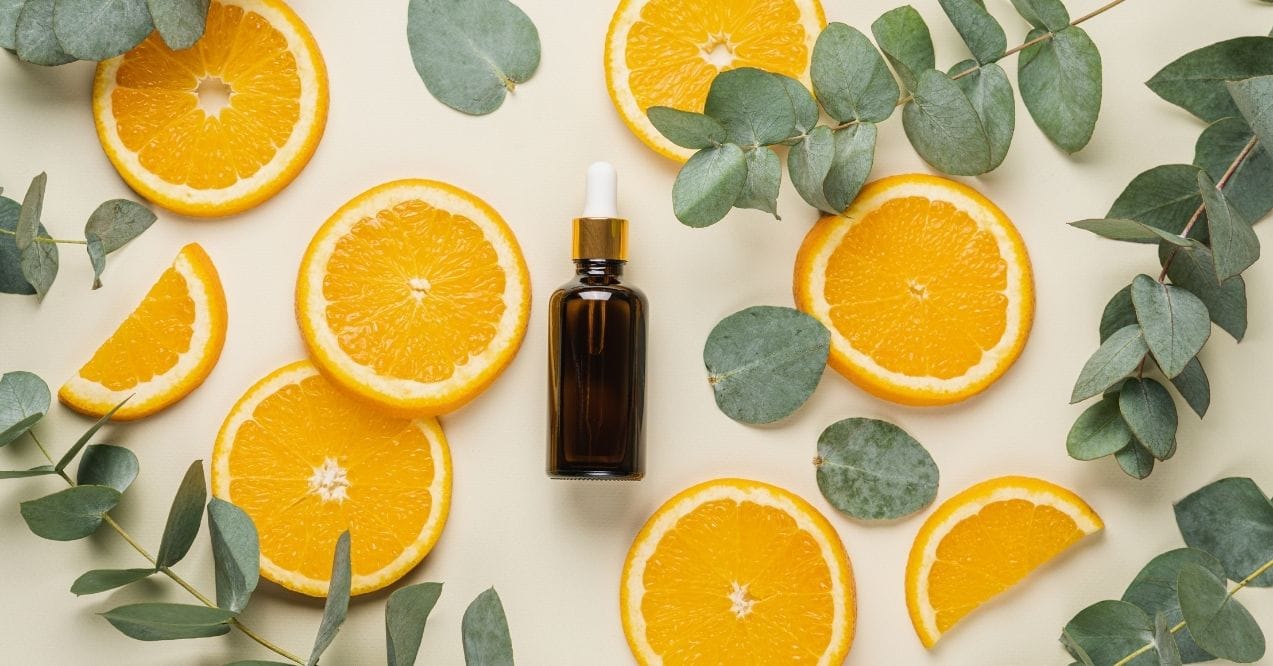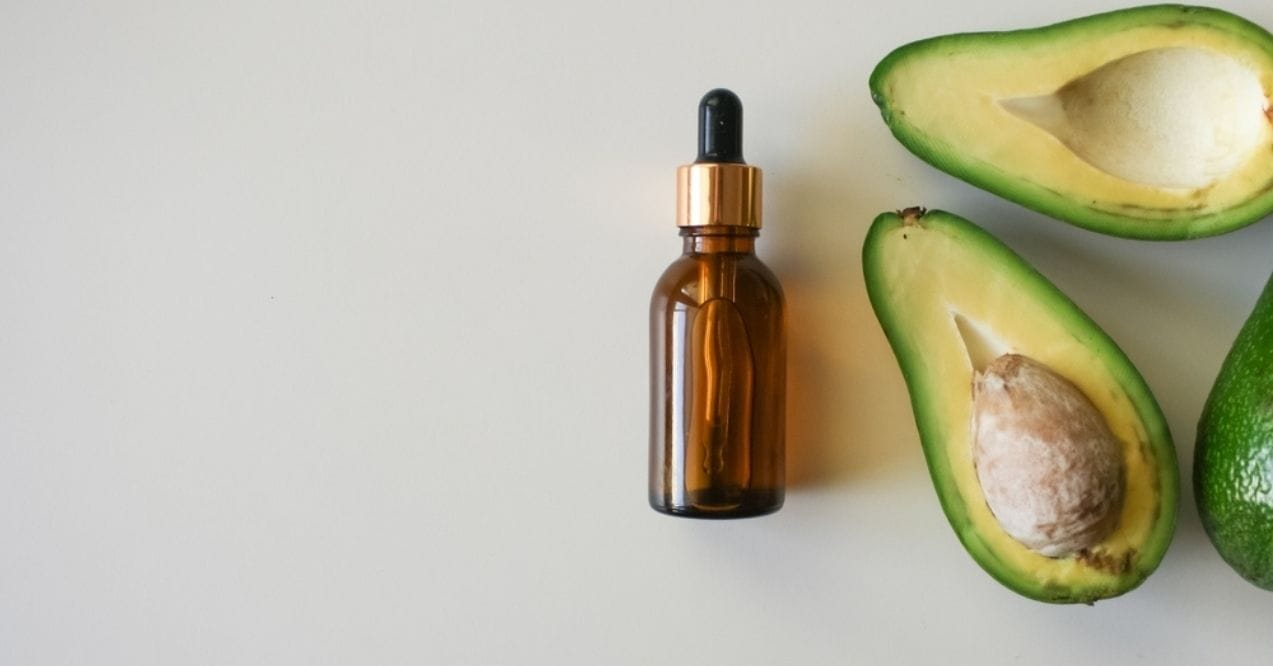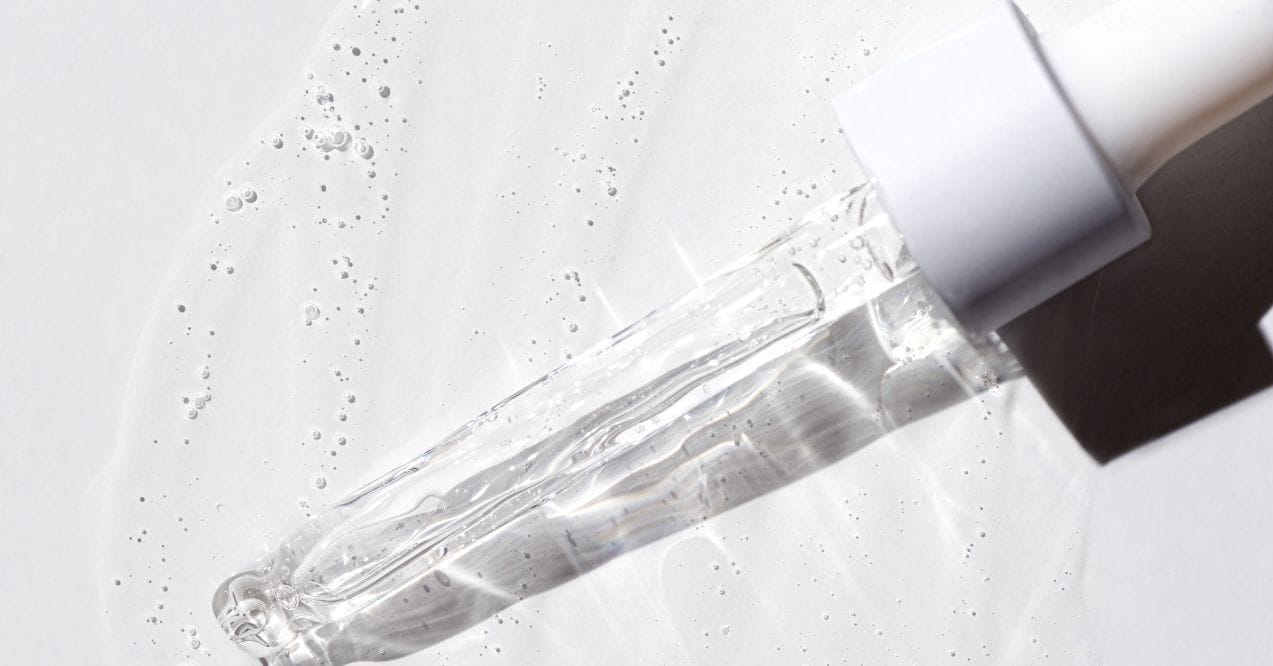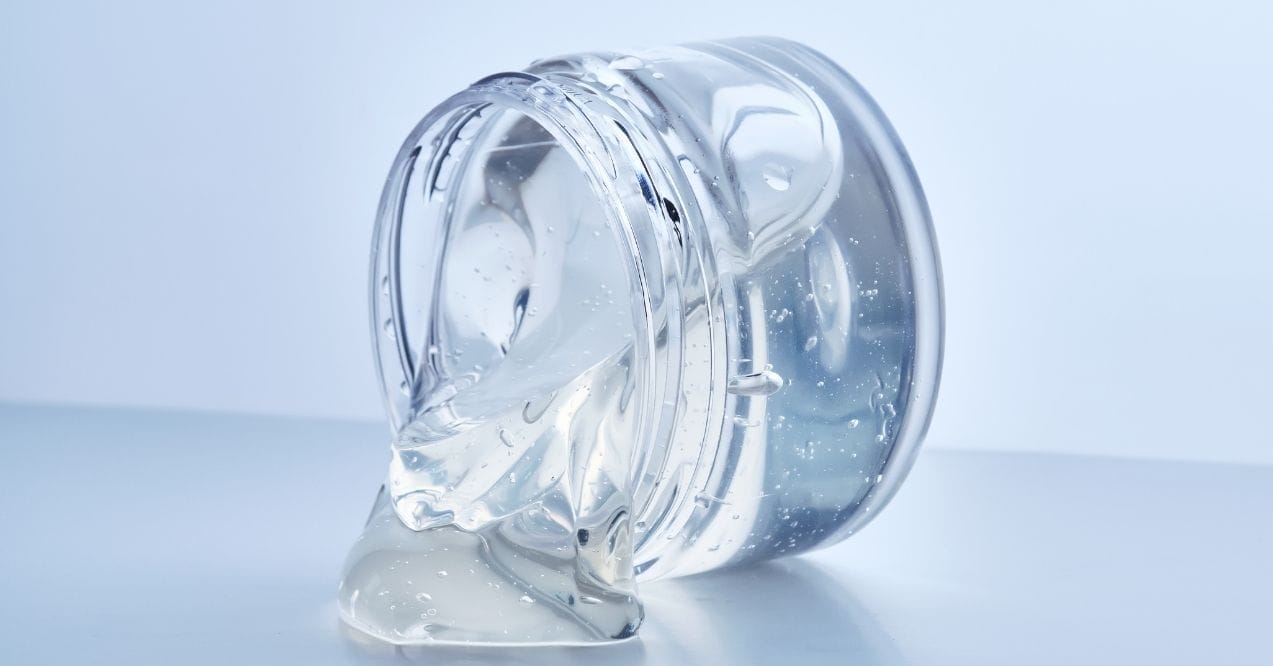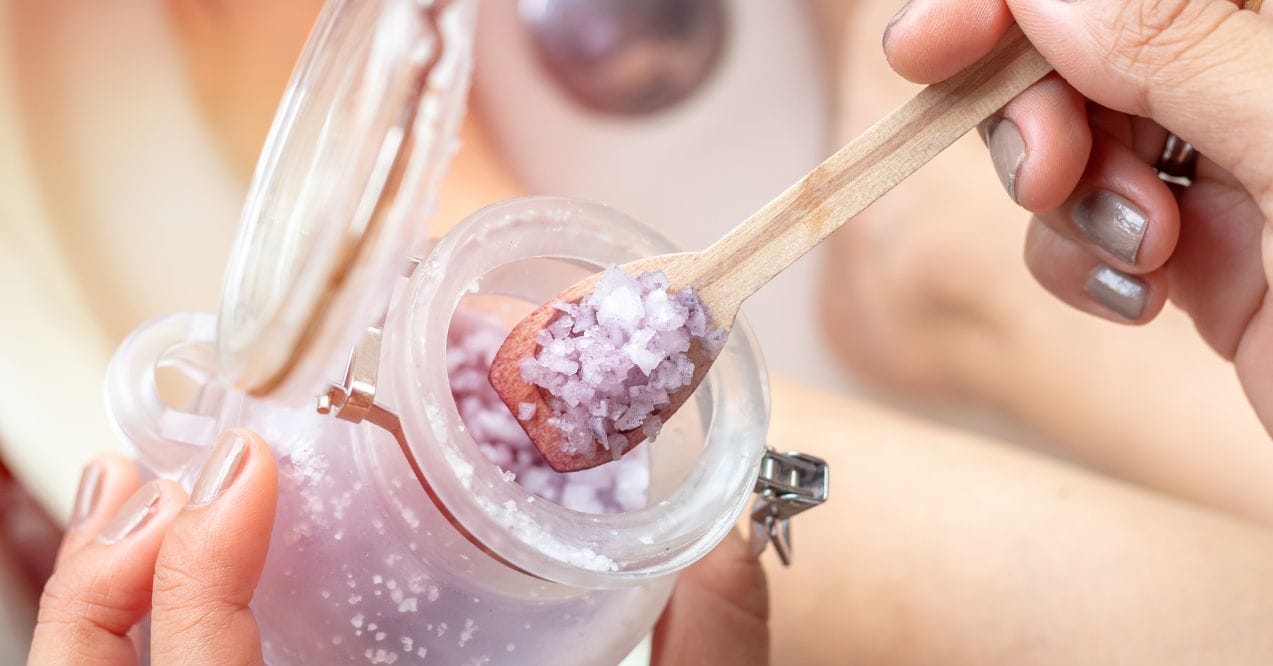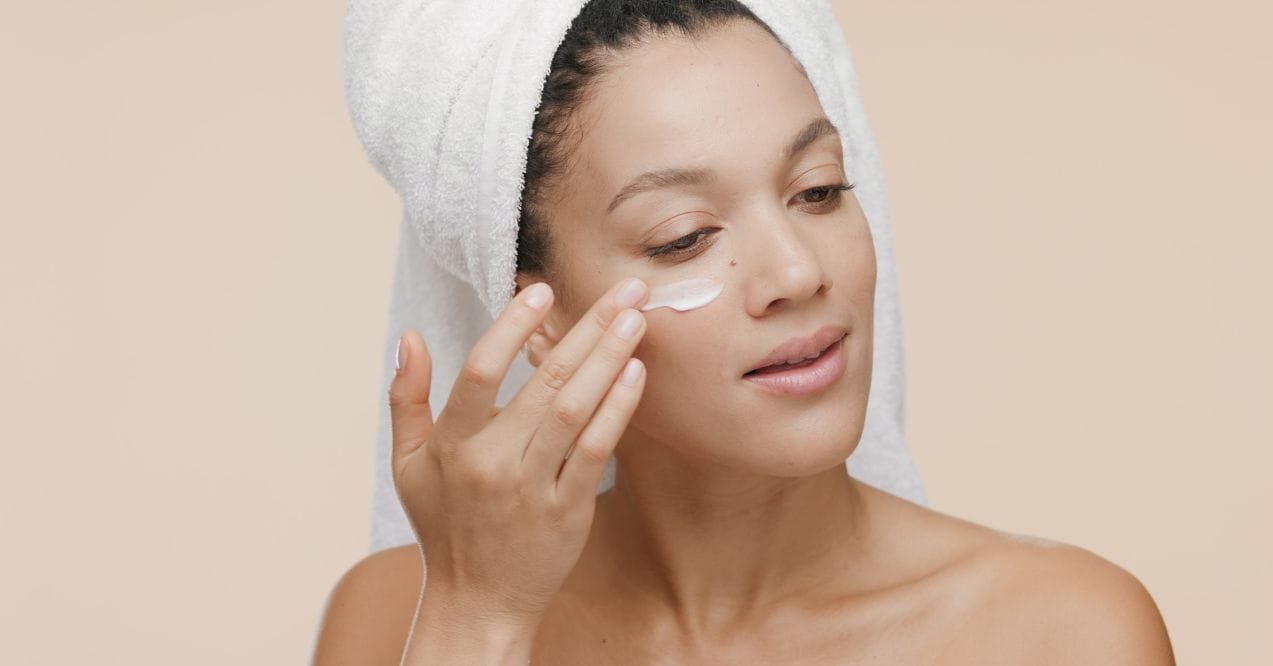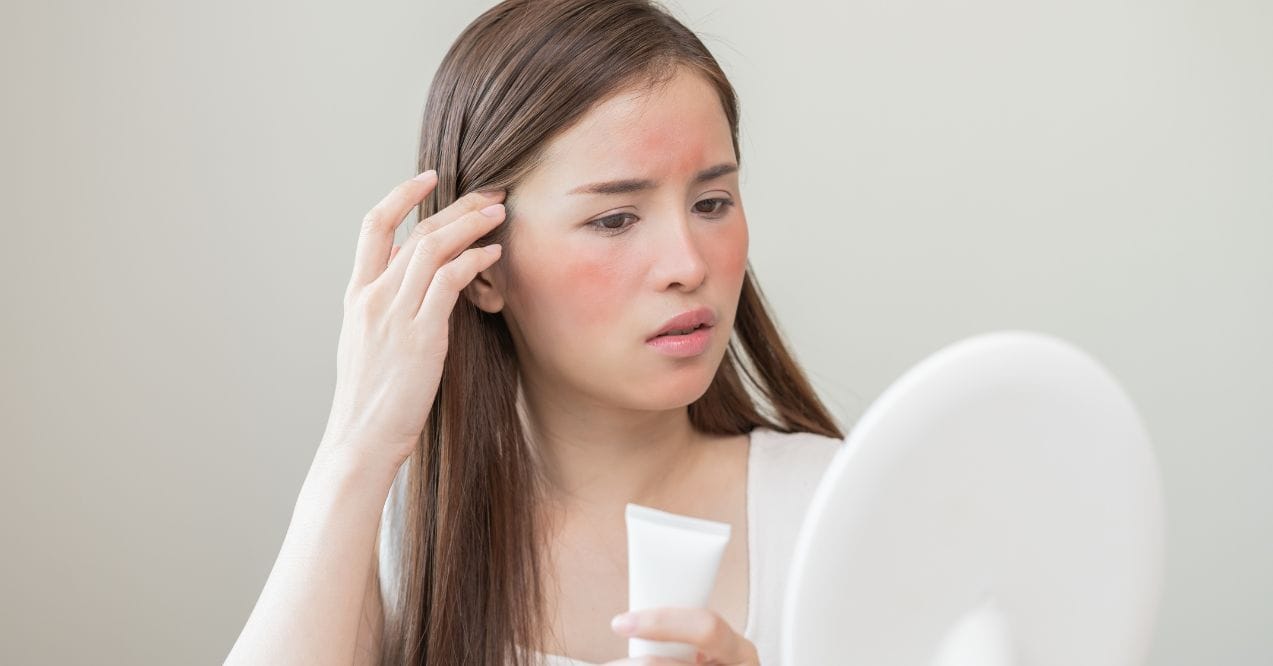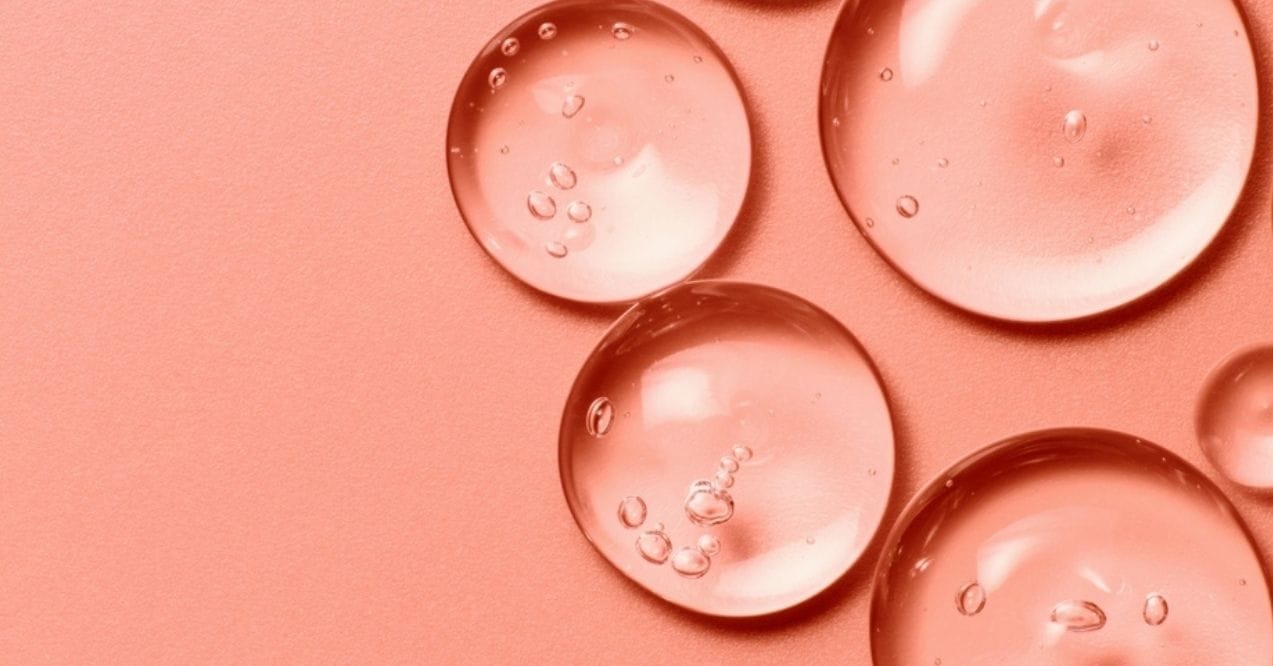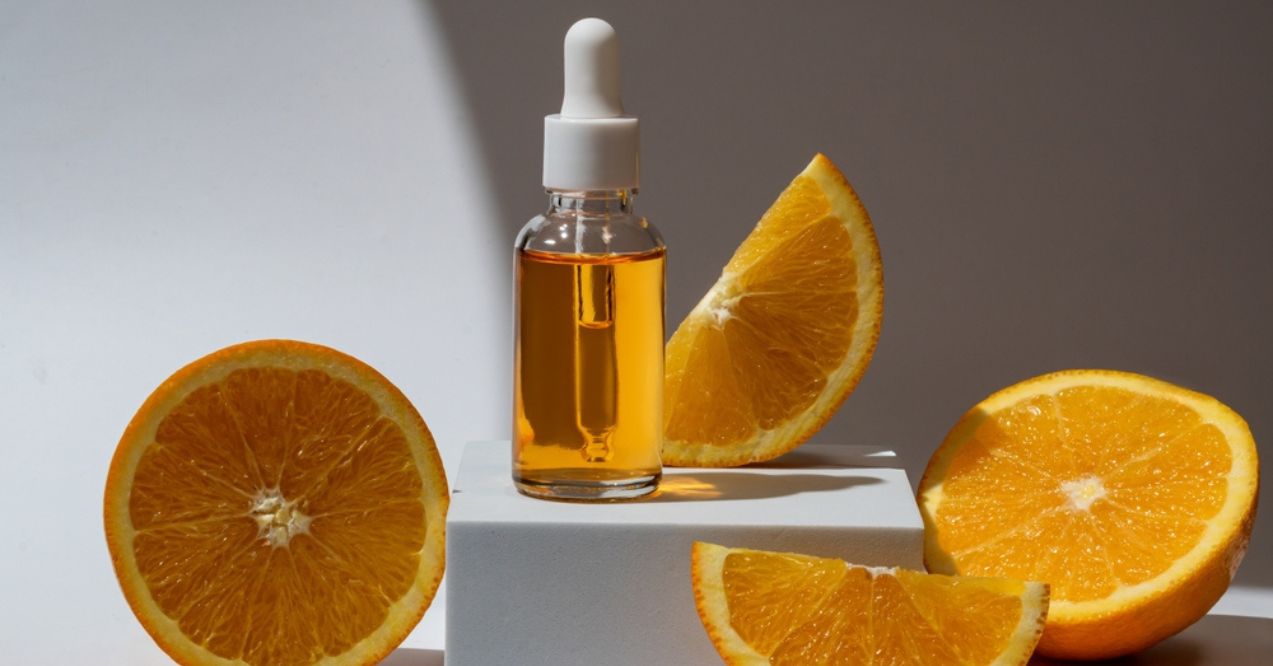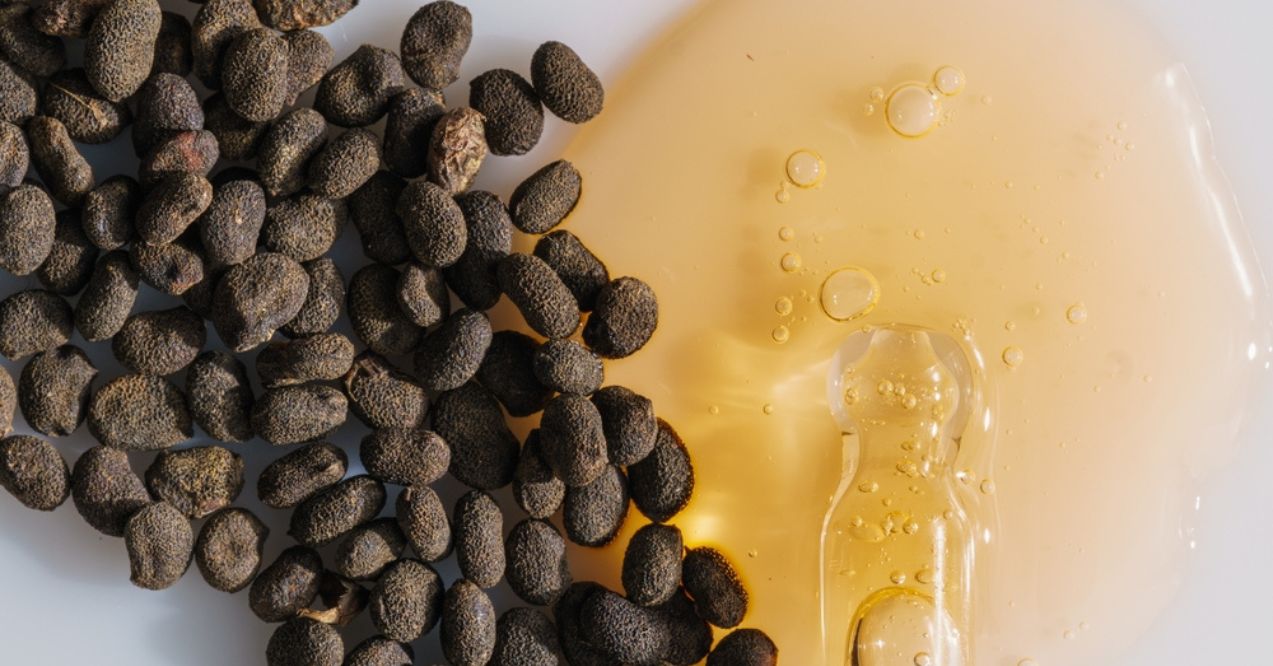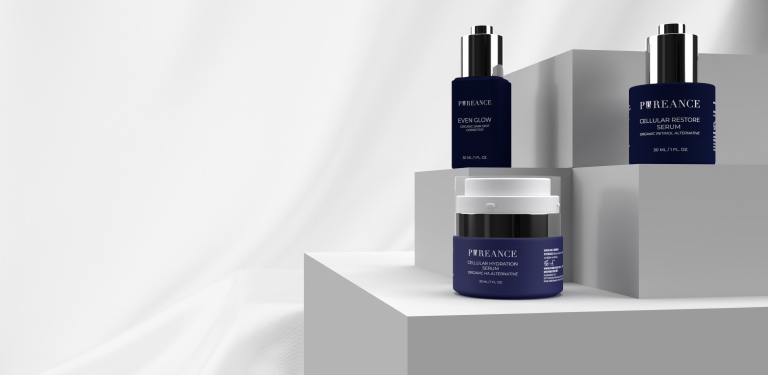


Does Rosehip Oil Clog Pores? Here’s the Truth You Need!
Does rosehip oil clog pores? This is a common question among skincare enthusiasts who are interested in incorporating this popular oil into their routines. Derived from the seeds of rose bushes, particularly the Rosa canina species, rosehip oil has gained popularity for its abundant source of essential fatty acids, vitamins A and C, and potent antioxidants. These components make it an attractive choice for those looking to nourish and protect their skin.
However, with the rise of its use in various skincare products, many people are left wondering whether this oil can lead to clogged pores and subsequent skin issues. Therefore, in this blog post, we’ll dive deep into the comedogenicity of rosehip oil, its impact on different skin types, and how to properly incorporate it into your skincare regimen to reap its benefits while minimizing the risk of congested pores.
Key Article Findings
- Rosehip oil has a low comedogenic rating, making it unlikely to clog pores for most people, including those with oily or acne-prone skin.
- Its non-comedogenic properties and ability to regulate sebum production make rosehip oil a suitable option for improving skin texture and hydration.
- To minimize any potential risks, use rosehip oil sparingly, perform a patch test, and monitor your skin for any adverse reactions.
Comedogenicity of Rosehip Oil
Understanding the comedogenicity of an ingredient is crucial when considering its potential impact on your pores. Comedogenicity refers to the likelihood of an ingredient to clog pores, which may lead to the formation of comedones, such as blackheads and whiteheads. In the world of skincare, ingredients are often assigned a comedogenic rating on a scale of 0 to 5, with 0 being non-comedogenic and 5 being highly comedogenic.
Rosehip oil is generally considered to have a low comedogenic rating, typically falling between 1 and 2 on the scale. This means that it is less likely to cause comedones (clogged hair follicles) and is suitable for most skin types, including those prone to acne or oiliness. But how does it compare to rose oil? Learn more in our rose oil vs. rosehip oil guide.
Nevertheless, it’s important to note that individual skin types and sensitivities can vary. What may be non-comedogenic for one person may still cause issues for another. Therefore, it’s essential to pay attention to how your skin reacts when introducing rosehip oil into your routine.
Rosehip Oil’s Impact and Beyond
Does rosehip oil clog pores? While rosehip oil’s low comedogenic rating suggests it is unlikely to clog pores for most people, it’s essential to understand its impact on various skin types and how to use it effectively to maintain clear, healthy skin.
Rosehip oil’s unique composition of fatty acids and antioxidants makes it a popular choice for those looking to improve their skin’s overall appearance and health. However, with blemish-sensitive skin, it’s crucial to approach new ingredients with caution and understand how they may interact with your skin’s unique needs.
Rosehip Oil’s Impact on Blemish-Sensitive Skin
So, can rosehip oil clog pores? For those with skin prone to blemishes, this question may be of particular importance. The good news is that rosehip oil’s non-comedogenic properties make it a suitable option for most people, even those with oily or combination skin. Its ability to regulate sebum production may assist in balancing the skin’s natural oils, reducing the likelihood of clogged pores and subsequent blemishes.
The linoleic acid found in rosehip oil has been shown to be beneficial for blemish-prone skin, as it may help maintain the integrity of the skin’s barrier function, preventing the entry of bacteria that can lead to breakouts.
How to Properly Use Rosehip Oil to Avoid Clogged Pores
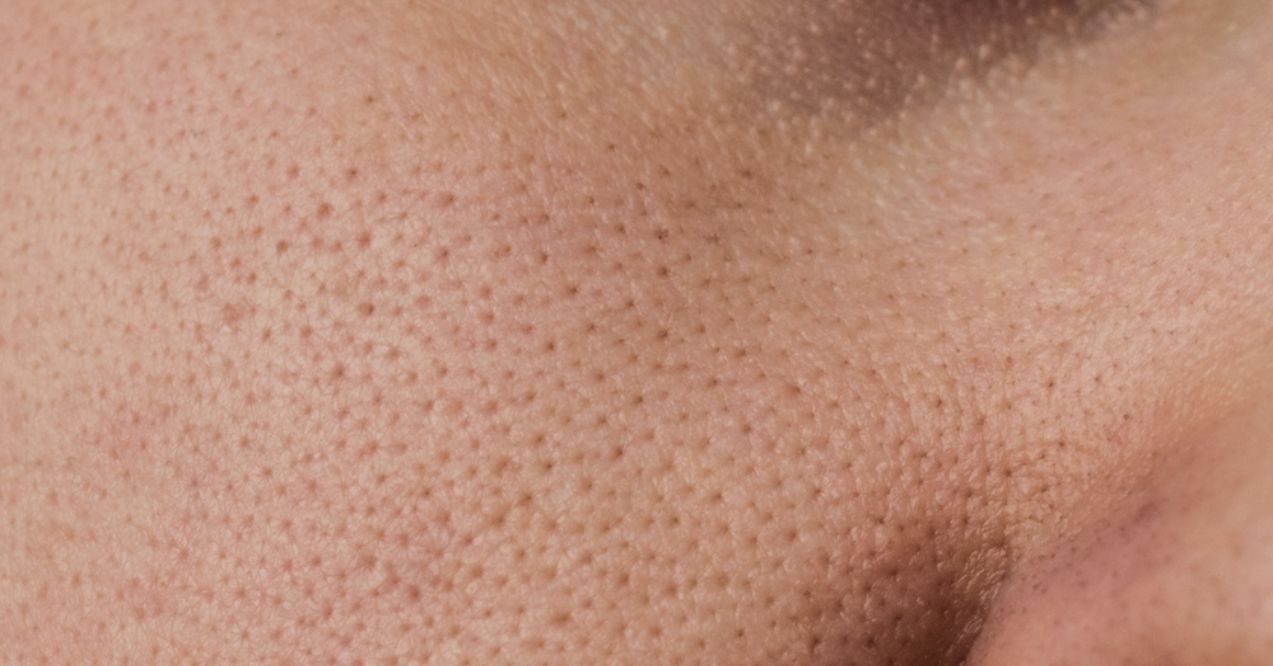
To minimize the risk of clogged pores when using rosehip oil, it’s essential to apply it correctly. Here are a few tips:
- A little goes a long way with this potent oil, so start with just a few drops.
- Patt oil gently into the skin after cleansing and toning.
- Avoid applying too much, as excess oil can sit on the skin’s surface and potentially lead to clogged pores.
For those who wonder “will rosehip oil clog pores,” it’s also crucial to consider the frequency of use; those with particularly oily skin may want to start by using rosehip oil every other day, gradually increasing frequency if no adverse effects occur. When incorporating rosehip oil into your skincare routine, be sure to monitor your skin closely for any signs of irritation or increased blemishes, adjusting use accordingly.
The Benefits of Rosehip Oil Beyond Pore Health
While the question “Does rosehip seed oil clog pores?” is a common concern, it is also important not to overlook the numerous other benefits this oil can offer, such as improving skin texture and moisturizing properties.
- Improves Skin Texture – Rich in vitamins A and C, rosehip oil has been praised for its ability to improve skin texture, reduce the appearance of fine lines and wrinkles, and promote a more even skin tone.
- Protects Skin – Antioxidant vitamins work together to protect the skin from environmental stressors and promote collagen production, leading to a more youthful, radiant appearance of your skin.
- Moisturizes Skin – Rosehip oil’s moisturizing properties may assist in keeping the skin hydrated and supple, improving overall skin health and resilience.
- Regenerates Skin – For those concerned about scarring or hyperpigmentation, rosehip oil’s regenerative properties may help to fade the appearance of marks over time, promoting a more uniform complexion.
Potential Side Effects and Precautions
While rosehip oil is generally well-tolerated by most people, it’s essential to be aware of potential side effects and take necessary precautions. As with any new skincare product, there is always a risk of allergic reactions or adverse interactions with other ingredients in your routine.
To minimize this risk, it’s crucial to perform a patch test before incorporating rosehip oil into your skincare regimen. Apply a small amount of the oil to a discrete area of skin, such as the inside of your wrist or behind your ear, and wait 24-48 hours to observe any signs of irritation, redness, or itching.
Does rosehip oil clog your pores? When considering this question, it’s also important to note that individual skin reactions can vary. While rosehip oil is non-comedogenic for most people, some individuals with particularly sensitive skin may still experience clogged pores or breakouts. If you notice an increase in blemishes or any other unusual skin reactions after using rosehip oil, discontinue use immediately and consult with a dermatologist if symptoms persist.
Additionally, be mindful of the other products in your skincare routine, as combining rosehip oil with certain ingredients, such as retinoids or exfoliating acids, may increase the risk of irritation or sensitivity.
Conclusion
Does rosehip oil clog pores? For most people, the answer is no. With its low comedogenic rating and ability to regulate sebum production, rosehip oil is an excellent choice for enhancing skin texture and hydration without clogging pores. However, as with any skincare product, it’s essential to introduce it gradually, starting with a patch test to ensure compatibility with your skin. By using rosehip oil correctly, you can enjoy its numerous benefits while maintaining clear, healthy skin.
Rosehip oil is generally non-comedogenic and unlikely to cause breakouts for most people. However, individual skin reactions can vary. If you experience breakouts after using rosehip oil, discontinue use and consult a dermatologist if symptoms persist
Potential disadvantages of rosehip oil include allergic reactions, skin irritation, and interactions with other skincare products. Some individuals may experience clogged pores or breakouts. Patch testing and monitoring skin reactions are essential when introducing rosehip oil into your skincare routine.
Rosehip oil itself does not typically clog pores, as it has a low comedogenic rating. However, if an individual experiences clogged pores due to rosehip oil use, the duration may vary depending on their skin’s unique response and recovery time.
Rosehip oil has a low comedogenic rating, meaning it is unlikely to clog pores quickly for most people. However, if an individual’s skin is particularly sensitive, clogged pores may develop within a few days to a week of using rosehip oil.
This site offers health, wellness, fitness and nutritional information and is designed for educational purposes only. You should not rely on this information as a substitute for, nor does it replace, professional medical advice, diagnosis, or treatment. If you have any concerns or questions about your health, you should always consult with a physician or other health-care professional. Do not disregard, avoid or delay obtaining medical or health related advice from your health-care professional because of something you may have read on this site. The use of any information provided on this site is solely at your own risk.
Nothing stated or posted on this site or available through any services are intended to be, and must not be taken to be, the practice of medical or counseling care. For purposes of this agreement, the practice of medicine and counseling includes, without limitation, psychiatry, psychology, psychotherapy, or providing health care treatment, instructions, diagnosis, prognosis or advice.
